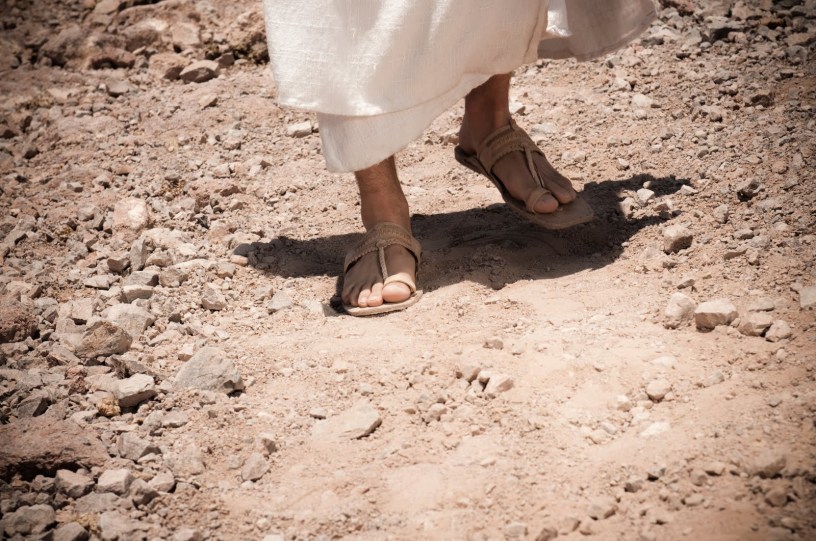I got up very early Saturday morning to find that it was raining.
No matter. Off I went to the restroom. I brushed my teeth, ran a brush through my hair and jumped in the shower. Once I’d washed my hair I reached for the soap—there was none.
Dripping wet as I was I stepped out and looked for a bar soap behind the mirror—there was none. Not even hand soap. Oh, well. Shampoo is just another liquid soap, right? I stepped back into the shower and yelped as I slipped and landed on the tile floor with a painful smack.
Sh—Ow!!
I stayed on the shower floor a few seconds with rivulets of water running down my body. There, in the heel of my foot, was stuck the thin remnant of a bar of soap. The nasty little culprit had camouflaged against the white tile. I peeled it from my foot and threw it in the toilet bowl before making a gigantic effort to get back on my feet. Somehow I felt much heavier than my full 250 pounds, and it felt like my knee had sustained some serious strain. But I could not blame anyone but myself for this blunder—this was my restroom and my shower. No one else but me would have dropped that tiny little piece of soap that made me slip and fall.
Once I was done showering I carefully stepped out, dried myself, and went to my room to change. I didn’t bother with the hair except blow-drying it and pulling it up in its habitual pony tail. No makeup either. I knew the rules.
As I pulled on my boots, a thought came into my head, and I hurried to pull out my coat. Phone, phone, phone…
I tried to go down the stairs quickly but my knee protested. Just as well. Had it not ached so, I would have laughed at Mara’s face when she saw me come down dressed and ready. I swear, she almost fell from sheer amazement.
“Ready?” she asked, recovering quickly enough
“Just a phone call,”
She arched a brow. Obviously she wanted to know who I was gonna call, but decided against asking. She turned and got the car keys, “There’s toast and jam out. Drink some milk too. I’ll see you in the car. Hurry.”
“Thanks,” I answered as I dialed a number into the phone keypad.
The phone rang three times before he answered it, “Hello?”
“Uh. Hi. Tony?”
“Yeah.”
“This is Tanya.”
“I know. What’s up, kiddo?”
“Um…” I fidgeted with the phone cord, “You’re coming, right? Just wanted to check…”
“Yeah. I’m still getting ready.” His voice sounded a tad deeper than usual, and I wondered at what stage of “ready” he was at. Had I just woken him up? The thought made me crazy anxious.
“Ok. You got the address, right?”
“Uh-huh. Hey,” He paused, “You ok?”
“Yeah. Just…I’m a little nervous.”
“Nervous?”
“I told you, right? I haven’t been there for at least two years…”
“I know. But you want to go this time around, don’t you?”
“Yeah. No…I mean, I wish I could be heading to Zuri’s instead…But it’s all the same, right? Zuri said it’s the same God…”
He chuckled, “I know, you told me.”
I felt stupid. Why was I babbling? “So I’ll see you then?”
“Yep.”
“Ok.”
“Alright, bye,”
“Bye—Oh! And Tony?”
“Yeah?”
I looked at the phone cord in my hand. I had looped and twisted it round my hand in an impossible number of coils, “Thanks”
I heard the smile in his voice, “No problem, kiddo”
I hung up and ran out to the car as fast as my aching knee let me.
I was going to church.
Part 19 of If You Only Knew







